I'm trying to figure out a quite simple regular expression, but I cannot reconstruct, why it does not work. I thought I'm into the regex stuff, but unfortunately it doesn't seem so :D
Here is the expression I want to match:
interval=4|termination=2012-09-18 22:00:00|days=3
By that, I want to have a matching array that looks anyhow like this
match = array({"interval" => "4", "termination" => "2012-09-18 22:00:00", "days" = "3"});
//(pseudocode)
I'm using it in C#, for that I want to have pattern names. I tried it with this pattern:
(.*)((termination=(?<termination>(.{19})))|(interval=(?<interval>(\d*)))|(days=(?<days>(\d*))))*(.*)
Can anybody point out where I fail?
Thx in advance
